The novel is born of disillusionment; the poem, of despair
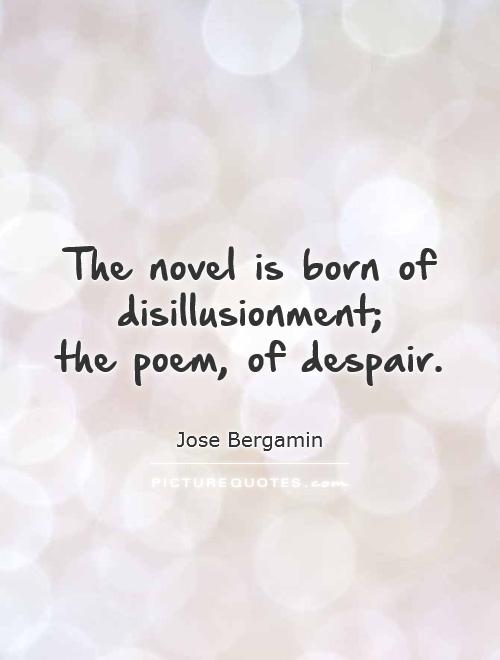
The novel is born of disillusionment; the poem, of despair
José Bergamín, a Spanish writer and playwright, once famously said, “The novel is born of disillusionment; the poem, of despair.” This statement speaks to the different emotional and creative processes that go into writing a novel versus a poem.When we think of a novel being born of disillusionment, we can interpret this as the idea that novels often stem from a sense of dissatisfaction or disappointment with the world. Novels are typically longer works that delve into complex characters and intricate plots, allowing for a deeper exploration of the human experience. Disillusionment can serve as a powerful motivator for a novelist, driving them to create a world that reflects their own struggles and frustrations. This can result in a rich tapestry of emotions and themes that resonate with readers on a profound level.
On the other hand, the idea that a poem is born of despair suggests a more intense and immediate emotional response. Poems are often shorter works that rely on concise language and vivid imagery to convey deep emotions. Despair, as an overwhelming sense of hopelessness or sadness, can fuel the creative process behind a poem, leading to raw and unfiltered expressions of emotion. Poets often use their work as a means of catharsis, channeling their despair into art that speaks to the universal human experience of suffering.

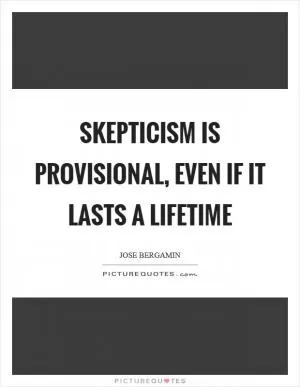




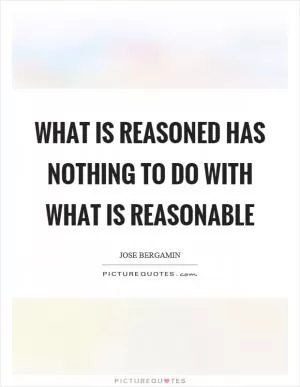

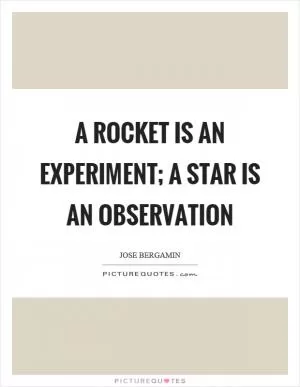

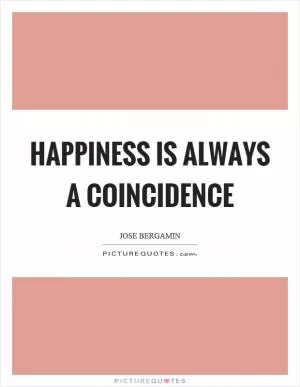

 Friendship Quotes
Friendship Quotes Love Quotes
Love Quotes Life Quotes
Life Quotes Funny Quotes
Funny Quotes Motivational Quotes
Motivational Quotes Inspirational Quotes
Inspirational Quotes